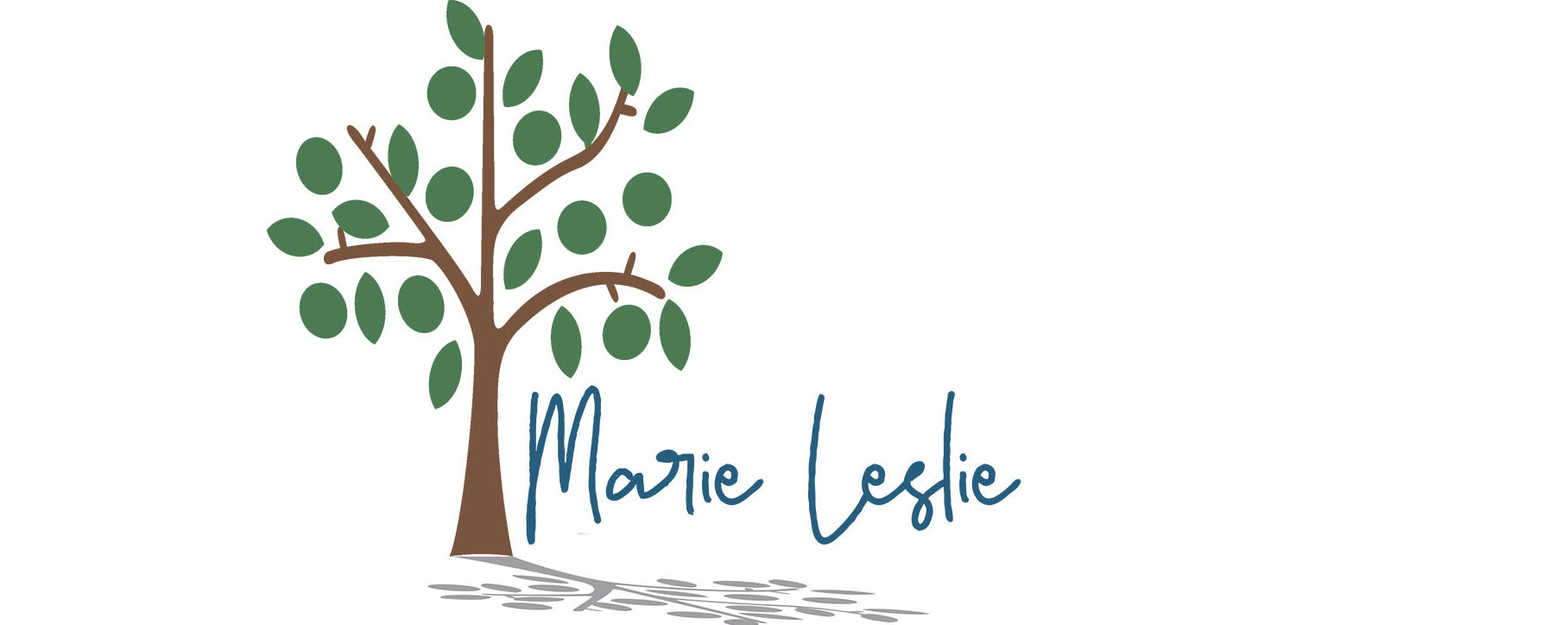Helpful Tips to Make the Household Budget More Manageable
Money allows your family to purchase food, clothing, shelter, and other necessities, and managing a household finances becomes an unavoidable part of life. You must develop a comprehensive budget to pick and choose how to use your money.
Building a good budget can you ensure the bills get paid, debts grow smaller, and a rainy day fund can be grown to pay for inevitable emergencies. Let’s explore some ways you can make creating that household budget easier and more efficient. These tips may be applied even if you already have a budget in place.
Assess Your Expenses
The first step in developing a household budget is to assess your current expenses. This will help you decide what extras you can do without, identify areas where you can save money, and prioritize potential problems that could cost more if left on their own.
The following are the most common types of expenses your family may have:
- Groceries.
- Utility bills, such as water and electricity.
- Capital payments, which include everything from home payments to car payments.
- Debts for credit cards and other loans.
- Medical and dental expenses.
- Leisure costs, such as expenses for movie tickets and toys.
Once you assess your expenses, you can identify major areas where you may be spending too much and find places where you can save.
Decrease Your Expenses
As expenses increase, the amount of money you spend on debts tends to increase. This leads to money that is spent at a far greater rate than it is acquired and larger debts.
Your second goal should be to decrease your expenses. Start by focusing on things that fall within the category of recreation and utility bills. These two things can easily be decreased to allow you more resources. Carefully inspect the cost of your groceries. You may be able to make small changes, such as purchasing brands from the store itself rather than name brands.
Debts, such as for credit cards, are the next place you should look. You should carefully inspect how much these debts are costing you each month and see if there are ways to cut back.
Set a Limit for Expenses
Your income is limited, so it makes sense your expenditures should have a limit as well. Work with your family to help assess what expenses can be cut from your budget, and what things you really do need to spend on to stay healthy and happy.
Your budget should come to an amount that is 80 percent or less of your family’s combined income. This may be a difficult number to reach, but most people can do so without a drastic change to lifestyle.
If keeping track of your expenses is a problem with cash and cards, then consider utilizing cheap checks and writing them out when you can. These can help you see where each dollar goes, while persuading your family members to be more diligent about how they spend.
Develop a Repayment Budget
You should have around 20 percent of your family’s combined income leftover to use. This will be essential in making your budget go further than you may have imagined.
Use the excess income you have to begin paying debts down. Things like credit cards, payday loans, and personal loans should be repaid as soon as possible. This will significantly reduce their overall costs by helping you to save on interest and fees.
Save for a Rainy Day
Once you have paid off your debts, you can begin saving money for emergencies, gifts, and other necessary expenses. You may even decide to begin saving while you are still repaying debts. This can be particularly smart if one or more of your family members needs medical or dental care.
A family budget requires a careful examination of how much you currently spend and where that money goes. This process can reveal some painful truths and wasteful tendencies. Once you do develop that family budget, you can begin to prepare for emergencies, see less income wasted by poor decisions, and pay down many of the debts that may be limiting your family’s income right now.
 Brooke Chaplan is a freelance writer and blogger. She lives and works out of her home in Los Lunas, New Mexico. She loves the outdoors and spends most her time hiking, biking and gardening. For more information contact Brooke via Twitter @BrookeChaplan.
Brooke Chaplan is a freelance writer and blogger. She lives and works out of her home in Los Lunas, New Mexico. She loves the outdoors and spends most her time hiking, biking and gardening. For more information contact Brooke via Twitter @BrookeChaplan.







